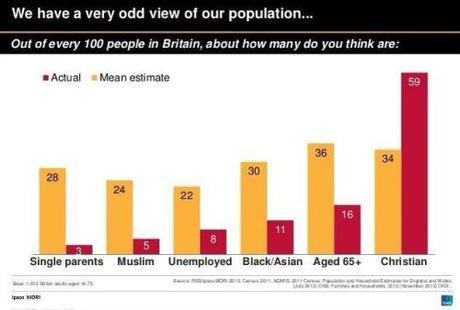Advent and Christmas are always a bit of a strain for clergy as they try to find new, fresh or creative ways of telling a traditional story. How do you help people who know the ending be surprised again by that with which they assume they are familiar? (And, for that matter, how do the clergy keep themselves fresh in the re-telling?)
As I found to my cost several years ago (when I published what I still think is a good and useful little book about Christmas, but which didn't sell because of the controversy it generated…), questioning people's perceptions is dangerous. Question the 'story' or vary a detail and you get a barrage of anger, complaint and abuse. OK, that's how we are as human beings who need a consistent narrative against which we shape our assumptions about life and the world.
But, it goes further than this. What if our assumptions are completely wrong, but we shape our society according to them?
We are constantly told that “the church is out of step with culture” – and this, clearly, is supposed to be a bad thing. Yet, the job of the church – its vocation, if you like – is not to reflect or mimic or 'baptise' the culture, but to hold a mirror up to it and question it. That is not the same as being negative towards it, but it is about engaging intelligently with the culture(s) with a confidence that transcends the immediate fashion or drift.
This is what lies at the heart of debates about sexuality. It sometimes feels as if the church is having the debates that wider society can't seem to articulate or frame. Yet, at the same time, the church has to have the questioning humility that is open to the possibility that wider culture might have something to teach a church culture that also finds it hard to question its own fundamental assumptions about God, the world and us.
What sparked this thinking was something I saw on Twitter this morning. It is a slide from an Ipsos MORI survey from 2011. It demonstrates just how wide is the gulf between reality and common perception amongst the great British public. Look at the slide:

And now ask what might be the implications for cultural drift, political decision-making and media reflection on the world (and what people think) of taking perceptions as unquestionably valid, true or accurate.
Now back to Advent and Christmas (and preparing for BBC Radio 2's Good Morning Sunday with Clare Balding tomorrow).

